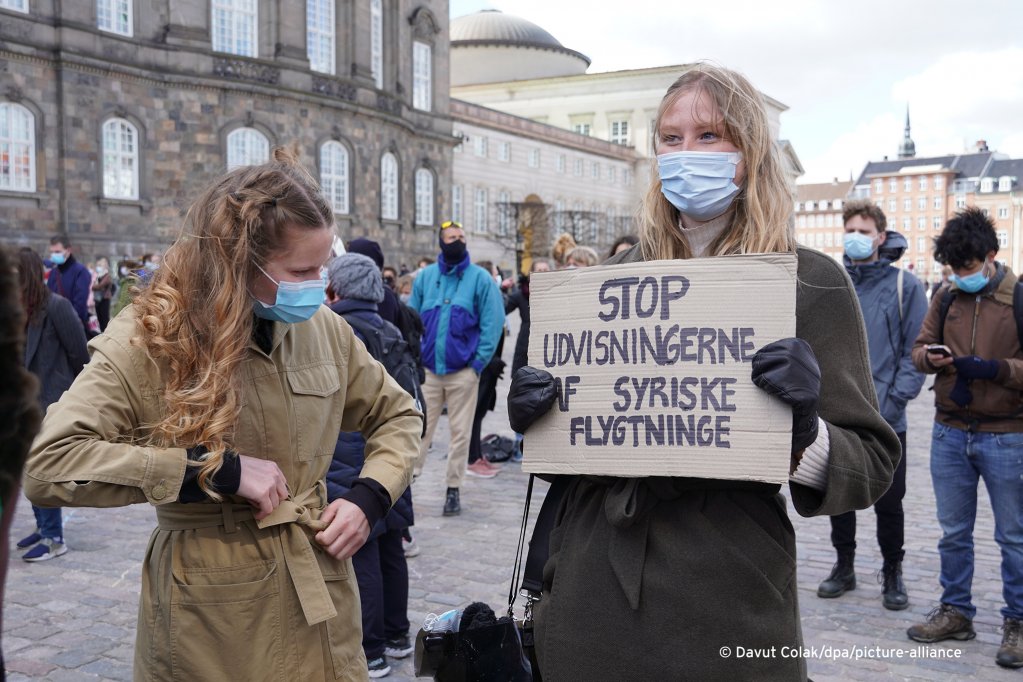Human Lives Human Rights: In recent statements, Richard Bennett, the UN Special Rapporteur on human rights in Afghanistan, has demanded a transparent investigation into incidents involving Iranian border forces who allegedly killed and injured Afghan migrants in the Saravan region. Alongside him, May Sato, the UN’s rapporteur on Iran, highlighted on social media the alarming implications for Afghan immigrants at the Iranian border, emphasizing the urgent need for enhanced protections of their human rights and safety.
Alena Dohan, the Special Rapporteur on Coercive and Unilateral Measures, raised concerns about the use of family connections as a justification for sanctions. In her latest report, she warned that this practice could lead to human rights abuses and negatively affect individuals who are not directly involved. Dohan pointed out that such sanctions have destructive consequences not only for those targeted but also for their families and communities. Her remarks were made in light of the recent Swiss sanctions against Alexandra Melnichenko, wife of Russian national Andrey Melnichenko, who is already under European Union sanctions.
In other developments, United Nations human rights experts have called for strengthened measures to support individuals with albinism, who often face unique physical and social challenges. These experts stressed that this vulnerable group requires special attention regarding their rights and access to essential services.
A panel of UN experts has also urged the Israeli government to put an immediate stop to violent attacks on Palestinian farmers. They warned that such assaults threaten farmers’ livelihoods and contribute to rising tensions in the region.
Furthermore, UN experts have appealed to countries participating in the Convention on Biological Diversity (COP16) to fully integrate human rights considerations into their efforts. They asserted that protecting human rights must be a core component of global initiatives aimed at preserving biodiversity and addressing environmental issues.
In a related context, discussions are underway among UN experts on how to effectively implement the right to development within international cooperation. Their findings suggest that developed nations should embed human rights principles into development strategies to foster better social and economic conditions in developing countries.
During a recent G7 ministerial meeting, the UN Deputy High Commissioner for Human Rights underscored the significance of upholding the rights of individuals with disabilities. He called on G7 nations to develop and adopt supportive policies and programs for disabled individuals, especially during global crises, to ensure the full realization of their human rights.
Additionally, the Special Rapporteur on the rights to peaceful assembly and association expressed significant concern regarding the threats to these freedoms posed by governmental defamation measures. He urged governments to back peace and justice activists, advocating for the reinforcement of a safe and democratic civil environment conducive to public protest.
High Commissioner for Human Rights Volker Turk emphasized that amid wars and crises, prioritizing truth, justice, and compassion is crucial. He called for concerted action from the international community to safeguard human rights and address the essential needs of populations facing turmoil.
In a cautionary note, the Special Rapporteur on human trafficking, especially regarding women and children, warned that the trafficking of women for exploitation poses a serious risk to global peace and security. He stressed the need for immediate measures to protect women from trafficking and to tackle the issue effectively.
Lastly, UN experts have reported that Sudan is confronting one of the worst famines in decades, exacerbated by ongoing conflicts and political instability. They emphasized the urgent need for humanitarian aid to prevent further loss of life.
Nazila Ghane, the Special Rapporteur for freedom of religion or belief, highlighted that Hungary requires significant reforms to understand and address religious discrimination. She called for immediate action to ensure equality and non-discrimination across all religions in the country, stressing the importance of improving the human rights situation.


















